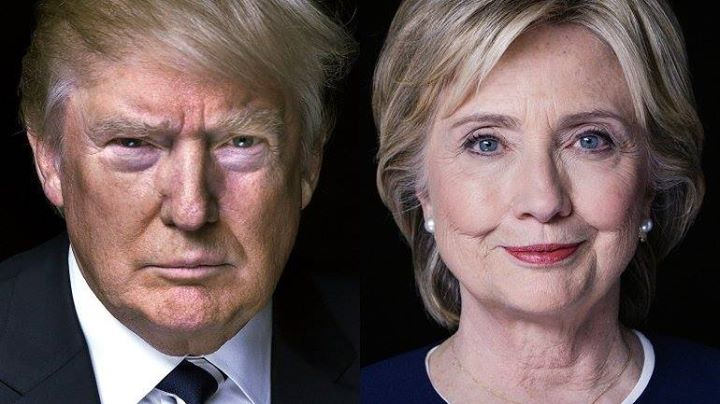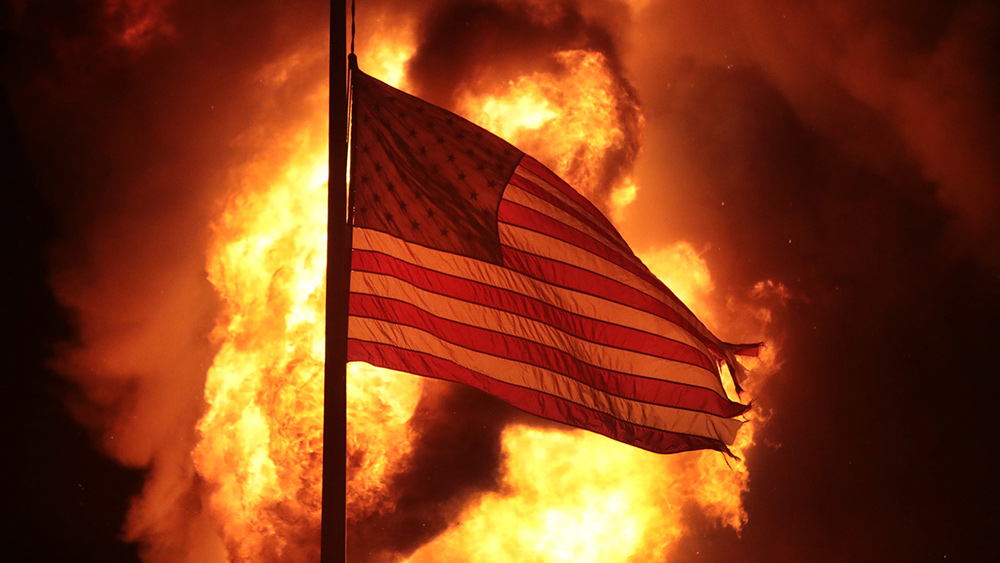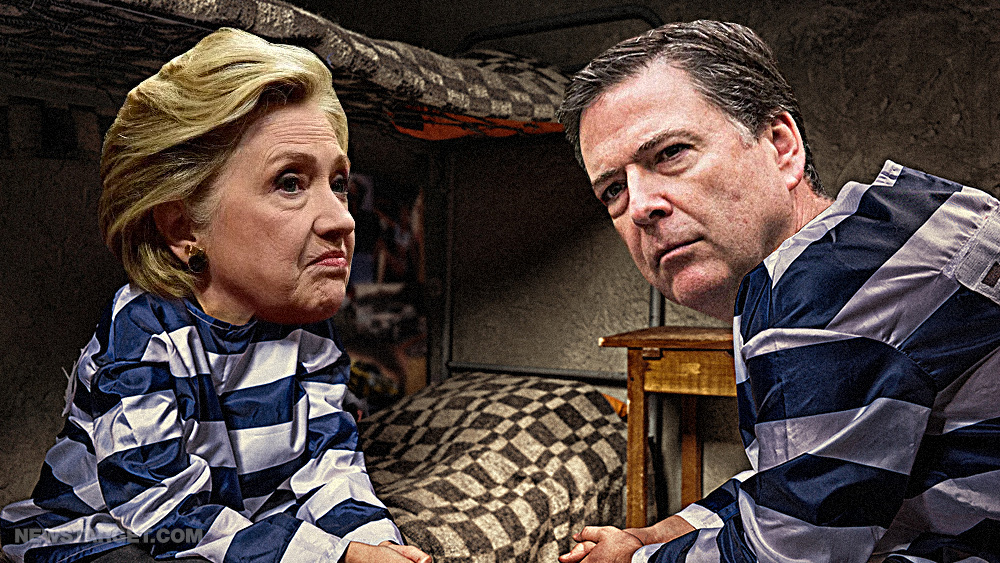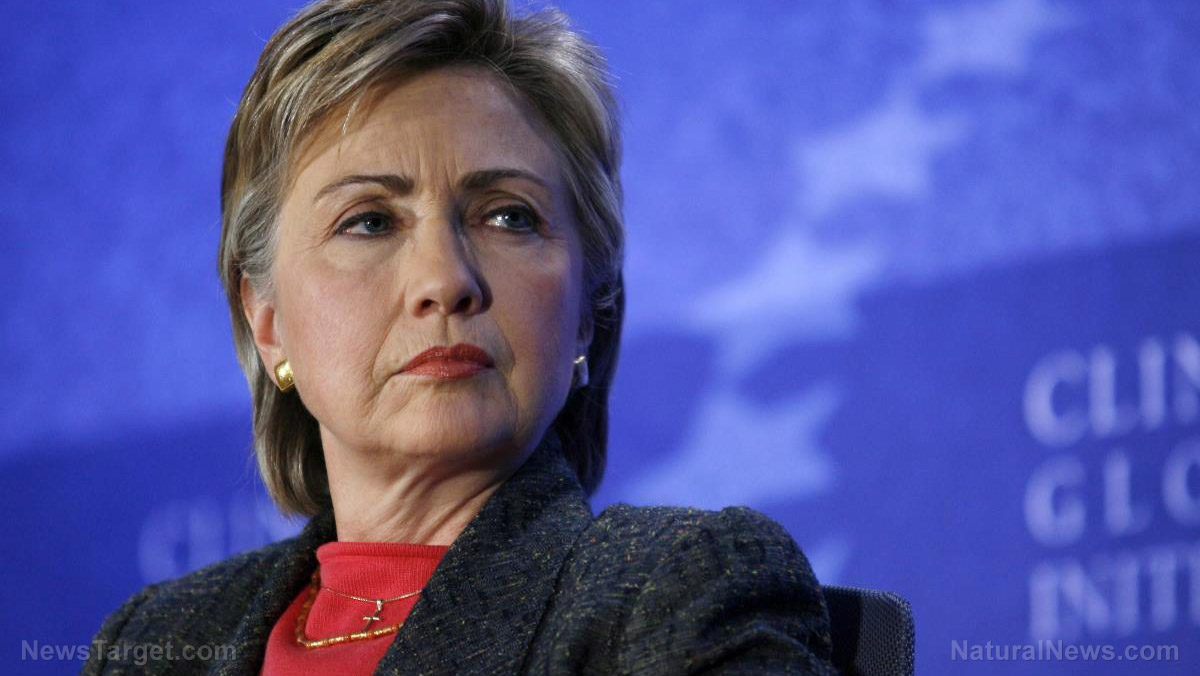This isn’t politics. This is war — and it’s personal.
Article by Michael Goodwin
The second presidential debate was ferocious and nasty, a scorched-earth barrage that reflected the nation’s bitter political divisions and the animus between Donald Trump and Hillary Clinton. There’s never been anything like it in modern politics.
Especially during the explosive first 25 minutes, the air was thick with rancor and even potential danger. Trump and Clinton don’t just dislike each other — they actually seem to hate each other.
His promise to prosecute her over the email scandal and private server perfectly captured his go-for-broke attitude.
Even before the debate, Trump answered the question of whether he would be contrite. By holding a late-afternoon public meeting with three women who accused Bill Clinton of sexual assault and a rape victim whose accused rapist was represented by Hillary Clinton, Trump did more than merely go on offense to get away from the uproar over his vulgar 2005 comments about women.
His point: I talk about it, Bill Clinton did it. He cited the four women during the debate as well, setting the tone that carried through the night.
As such, he went nuclear in a way that might be the boldest gambit in presidential campaign history.
It was simultaneously an act of war against Clinton and the incestuous links between the Democratic Party and most major news organizations, including last night’s moderators, who again favored Clinton.
But it didn’t stop Trump’s determination to ring the death knell of political correctness by going where no one else would even think of going.

In one very important sense, it worked. The moves ended for now the talk that he might drop out, though whether they brought him new voters is open. It’s also likely Clinton’s team has other damaging revelations it will spring, meaning last week’s drama could be replaced by a new one.
That knowledge could help explain why Clinton, while giving nearly as good as she got, mostly remained restrained. She’s got the lead, and his taped words are his own worst enemy. She wanted to hit him without getting in the way, and did that fairly effectively.
Still, it also seemed that Trump’s bravado left her uncertain, and she struggled to respond to some of his attacks. His prosecution pledge had to sting, and he repeatedly said that she had done nothing good over her 30-year career.
She returned to the charge several times to defend things she had done long ago, suggesting she felt that line of attack was a threat that needed to be answered.
She is right to be concerned, because the charge goes to the heart of the campaign: Who will be the bigger agent of change? Clinton, despite the potential to be the first woman president, represents more of the status quo, and was at pains to make her career more beneficial to everyday Americans.
By the same token, the largest issue going into the night — the taped 2005 Trump comments — seemed to disappear after early questions. Whether that’s because Trump effectively stopped the bleeding by first apologizing Saturday, and then again Sunday, or whether the issue is still hurting him is something we will know more about in coming polls.
In either case, it is surprising that the debate did not revolve around the topic. While opinion surveys have shown that voters care less about it than the media and political class do, some voters have said it made them think less of Trump, meaning it still could be a difference-maker.
My guess is that the race will remain tight, with Clinton holding a small but significant lead. That’s been the default position, in part because Trump hasn’t removed doubts about his fitness and because he sabotages himself when he gets close in the polls.
Submit a correction >>

















